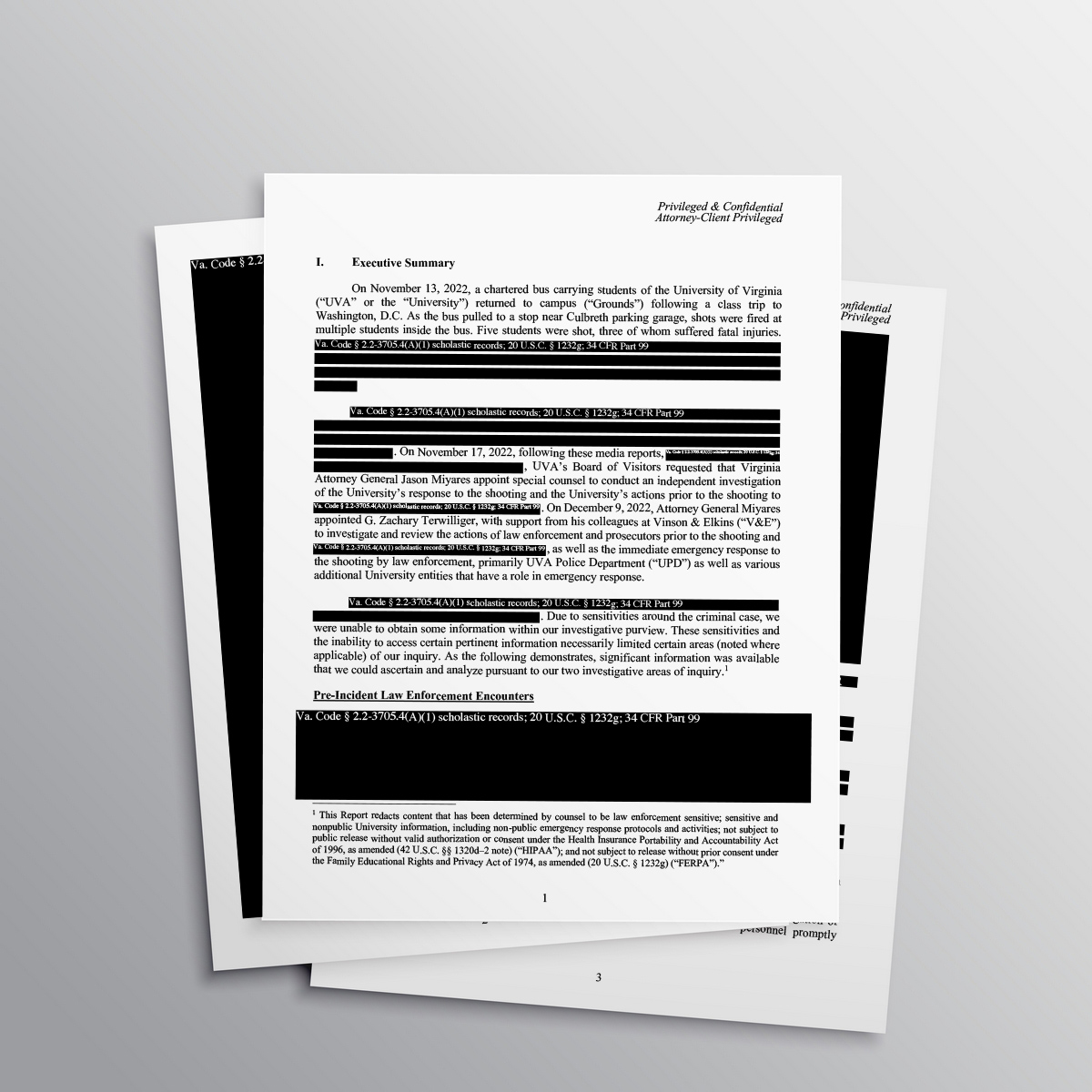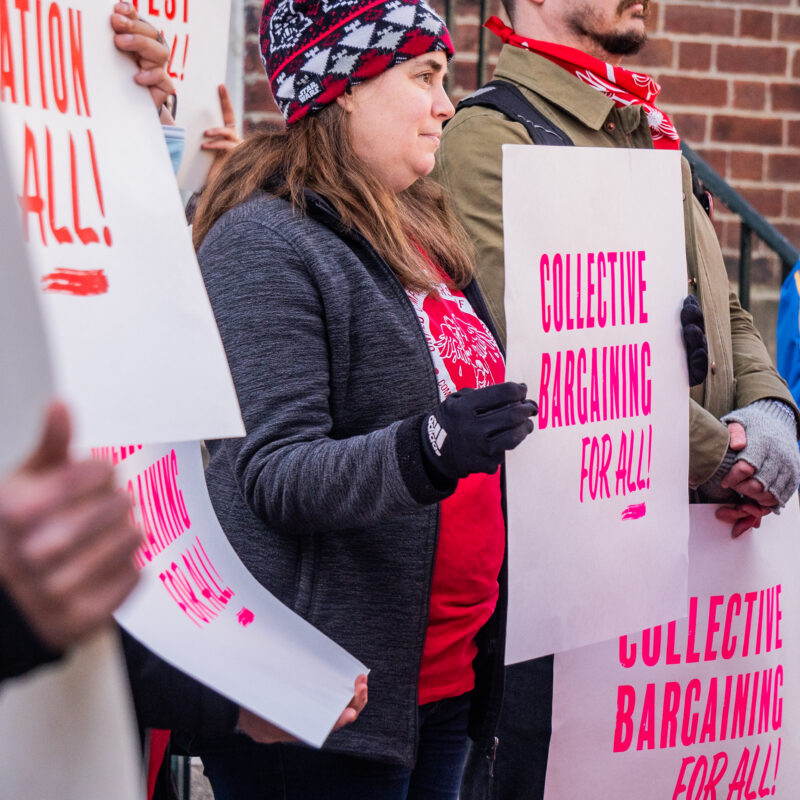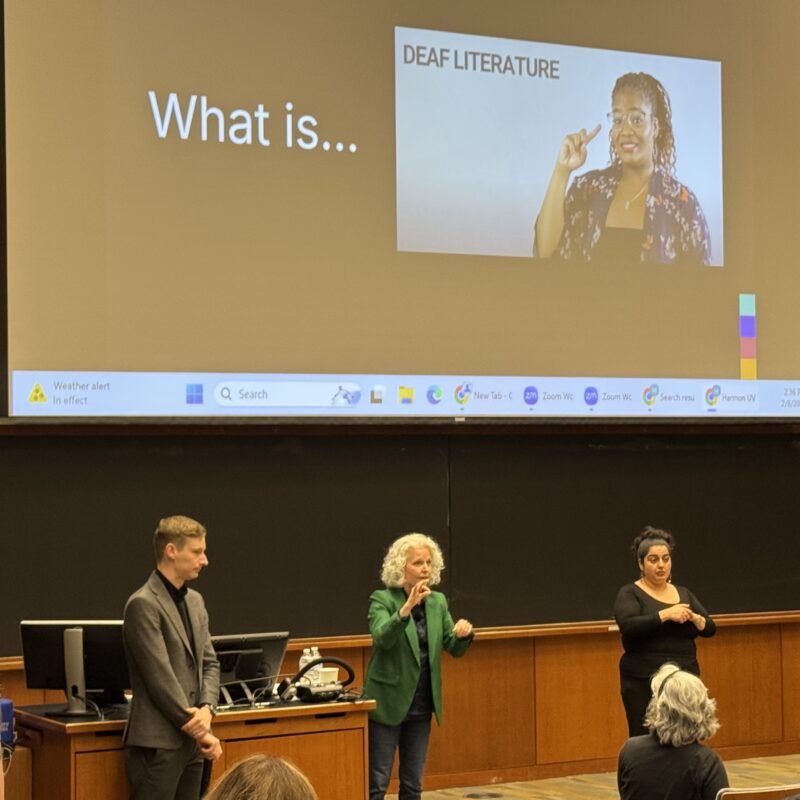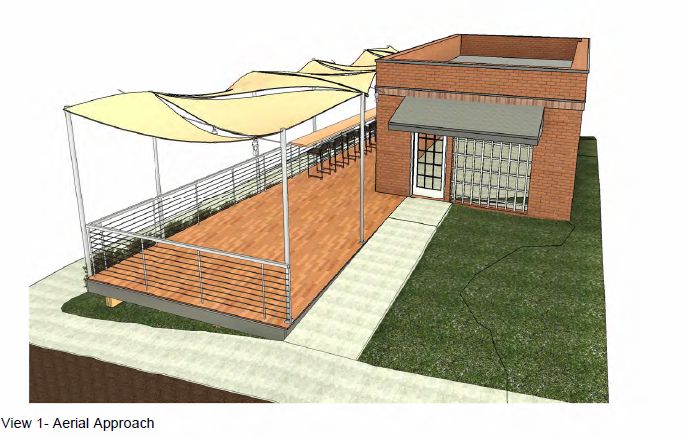On March 21, the University of Virginia released the long-promised external reviews of the November 13, 2022, shooting that killed students Devin Chandler, Lavel Davis, Jr., and D’Sean Perry. The findings of the two reports provide limited insight into the murder of the three UVA football players and Christopher Darnell Jones, Jr., the gunman.
Rather than a single external review, Virginia Attorney General Jason Miyares commissioned two distinct reports examining the lead-up and immediate response to the incident.
In the amended and redacted report from Quinn Emanuel Urquhart & Sullivan, LLP, special counsel looked at UVA’s threat assessment program and the events preceding the shooting. G. Zachary Terwilliger of Vinson & Elkins was appointed to review law enforcement and prosecutorial action prior to the shooting, and the immediate emergency response.
The reports were completed on October 20, 2023, then revised for factual accuracy and completeness. Prior to the delivery of the amended reports on January 31, 2024, UVA leadership and Albemarle County Commonwealth’s Attorney Jim Hingeley decided the release of the reviews should be delayed until the conclusion of criminal prosecution. Following Jones’ guilty plea and the significant delay in his sentencing, both reports were released after victims and family members had the opportunity to view the redacted files.
More striking than the information included is the extensive redaction of both external reviews, with entire chapters of the reports—including portions of the table of contents—blacked out. A majority of the redactions cite the Family Educational Rights and Privacy Act and the Health Insurance Portability and Accountability Act. Additional withholdings were made in accordance with Virginia Freedom of Information Act exemptions protecting the disclosure of procedural information that could jeopardize safety or security.
To help navigate the reports, UVA released an executive summary to serve as a “roadmap” for readers.
“Universities are prohibited by federal law from disclosing student records, which is a broad category that encompasses many different types of information institutions keep about their students,” UVA President Jim Ryan said in a statement released alongside the reports. “I recognize the necessary redactions in these reports will make reading them a frustrating process, but we are bound by law. Federal law does permit institutions to request that individuals waive their right to keep certain information redacted. Unfortunately, despite our request, the University did not receive such a waiver from Christopher Jones, the convicted shooter.”
Doug Ramseur, Jones’ defense attorney, declined C-VILLE’s request for comment on the reports and Jones’ decision not to waive FERPA rights.
While much of the information is already publicly available, any statement potentially identifying Jones is redacted from the reports in accordance with FERPA, resulting in redactions like: “This Report does not conclude that the facts available to the Threat Assessment Team (TAT) prior to the shooting would have put a reasonable person on notice that [REDACTED] would commit the types of acts for which [REDACTED] is now criminally charged.”
UVA’s executive summary is useful in understanding the heavily redacted reviews, but its interpretation of the conclusions and recommendations is oversimplified and presented in a light most favorable to the university.
Though the Quinn Emanuel report found that UVA’s threat assessment team could not have anticipated Jones’ actions based on the information available prior to the shooting, it concluded that “certain structural, policy-related, and investigative practices substantially limited the effective functioning of the TAT in November of 2022.” Limitations of note include the lack of a case-management approach for student support beyond threat assessment; a lack of investigative resources for the TAT; and the “slow-moving” student governance model of disciplinary action.
Two additional limitations were redacted entirely, both citing FERPA.
Based on its investigation, Quinn Emanuel made nine recommendations to UVA, including the addition of a coordinated behavioral intervention team to support students in distress; heightened awareness of and access to the TAT; and the prioritization of weapons-related concerns by the TAT.
In its executive summary, UVA lists actions it has taken to meet the recommendations since November 2022. The university added personnel across multiple departments to increase resources for students in crisis, both within and beyond the TAT.
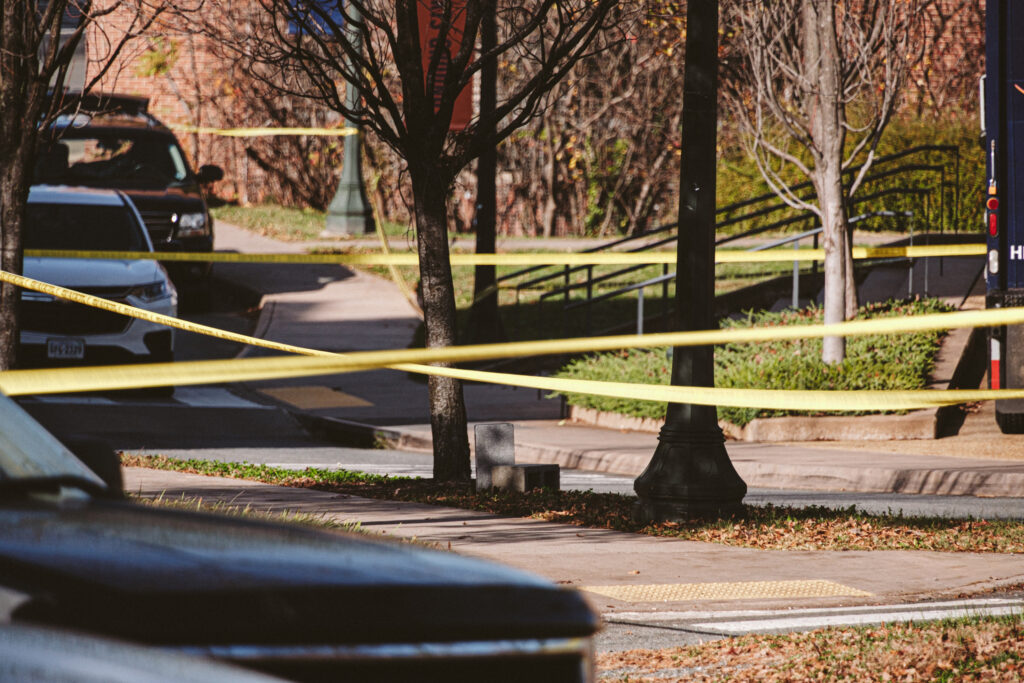
One of the most striking changes is the adoption of new TAT standard operating procedures prioritizing weapons-related concerns. University Police will now “immediately investigate if a firearm is reported to be on Grounds or in the possession of someone who lives on Grounds.” An expedited TAT meeting will be called, with a requirement that any cases with articulable and significant threats be reported to law enforcement and the commonwealth’s attorney within 24 hours.
Even more so than the Quinn Emanuel review, understanding of the Vinson & Elkins report is hindered by significant redactions. While counsel examined Jones’ pre-incident encounters with law enforcement and made recommendations based on the interactions, the entire section detailing the encounters is blacked out.
The second section of the Vinson & Elkins review focuses on the university’s emergency response to the shooting. Two of the report’s five findings were fully redacted, with no indication of their content in UVA’s executive summary. The three available conclusions were that “UVA and law enforcement’s response to the shooting generally followed applicable policies;” “the university should have issued the initial emergency alert to the UVA community sooner;” and in the process of transporting witnesses to another location on Grounds, UPD “caused other students to fear that their lives were in danger.”
The amended report concludes with eight recommendations to improve UVA and UPD’s active-shooting response protocols. Two recommendations are entirely redacted, with additional details excluded from other suggestions.
Recommendations from the report that have been implemented since November 2022 by the university include a simplified system for issuing UVA Alerts in the instance of an active threat on Grounds and the creation of a permanent Emergency Operations Center.
UVA’s executive summary only mentions the finding that the emergency response was a success based on the prioritization of the preservation of life and prevention of additional injury. The other findings are included as “recommendations focused on improving the university’s emergency response,” not referenced as conclusions.
More information on the shooting is expected to emerge during Jones’ sentencing, which has been delayed to November 17 through 21.
